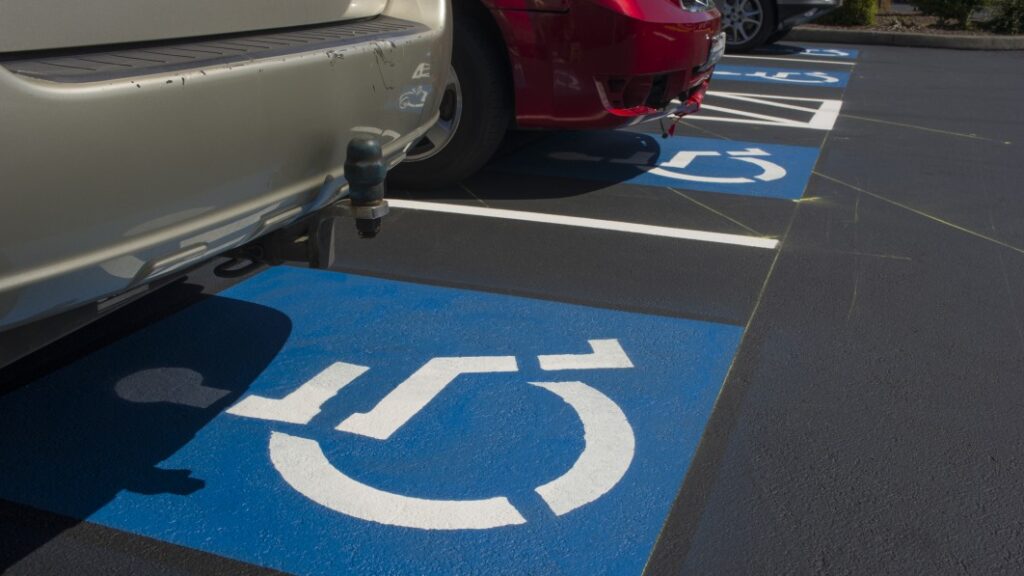Used car dealer bilked 120 disabled people in sales of wheelchair-accessible vans, feds say

A Philadelphia used car dealer took disabled customers’ money but failed to deliver the wheelchair-accessible vehicles they had paid for, victimizing more than 100 people across the nation, federal prosecutors said Thursday.
Edward Scott Rock, 47, defrauded customers of more than $2.5 million between 2019 and this year, according to the U.S. attorney’s office in Philadelphia.
In one case, he sold the same 2017 Ford wheelchair-accessible van to 13 buyers over the course of nearly a year, collecting $260,000 along the way — and when he finally did deliver the vehicle to one of those buyers, it came without the proper title, prosecutors said in an indictment unsealed Thursday.
A message was left at a phone number associated with Rock seeking comment, and an email was sent to an attorney who represented him before his indictment.
Some 120 customers in 36 states fell victim to the alleged scam. About two-thirds of Rock’s victims were “persons with a physical or mobility disability, persons over the age of 65, or businesses which provided transportation services to those populations,” the U.S. attorney’s office said in a news release.
David Sodemann, co-founder of Boho Camper Vans, a company in Tempe, Arizona, that builds, rent and sells camper vans, said he wired Rock about $25,000 for two Ford cargo vans. A few months later, when the vehicles had not arrived, Sodemann began asking for the money back.
“It was a big mess for a long time,” Sodemann recalled in a phone interview Thursday. “He always had some excuse. He would take pictures of him sending the money back FedEx, but it never got dropped in the mail. It was all just a big show.”
It took almost two years of near-daily phone calls and Sodemann’s company getting a lawyer involved, but Rock finally returned the money, Sodemann said.
Many other customers were not so lucky, according to the indictment. After negotiating with Rock — sometimes in person but most often via phone, email and text — buyers would send Rock tens of thousands of dollars for wheelchair-accessible vans that he never delivered, prosecutors alleged.
Rock sometimes sent refund checks, but he’d either stop payment on them or they would bounce, the indictment said.
Rock was charged with three counts each of mail and wire fraud and one count of mail fraud affecting a financial institution. The charges carry a maximum sentence of 170 years in prison. Prosecutors are also seeking restitution.
Rock’s license to sell cars in Pennsylvania expired in May, according to state records.







